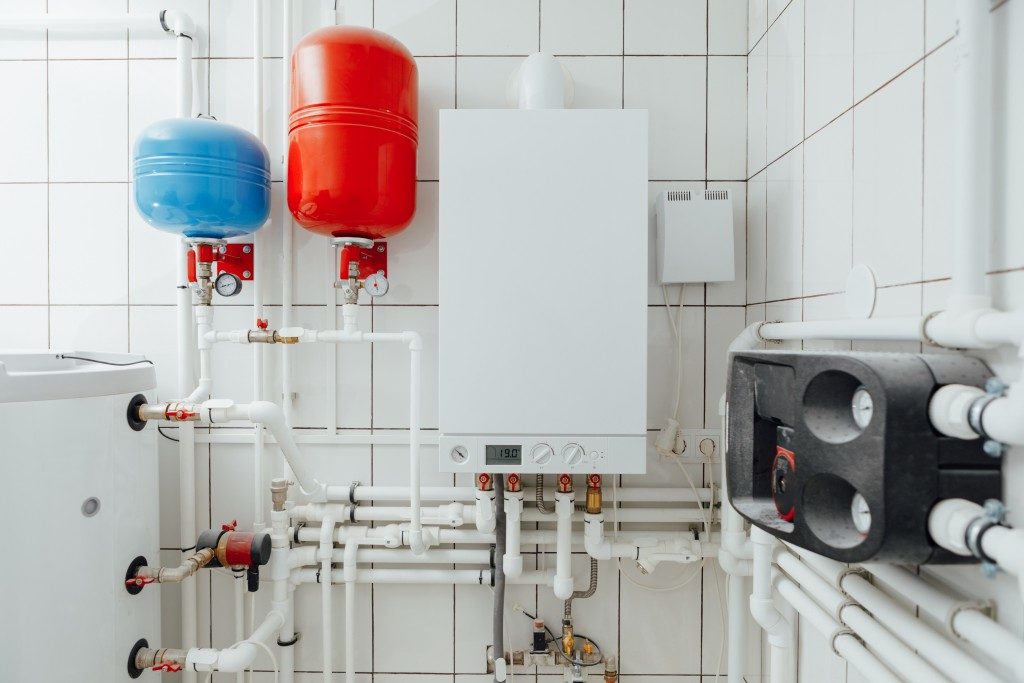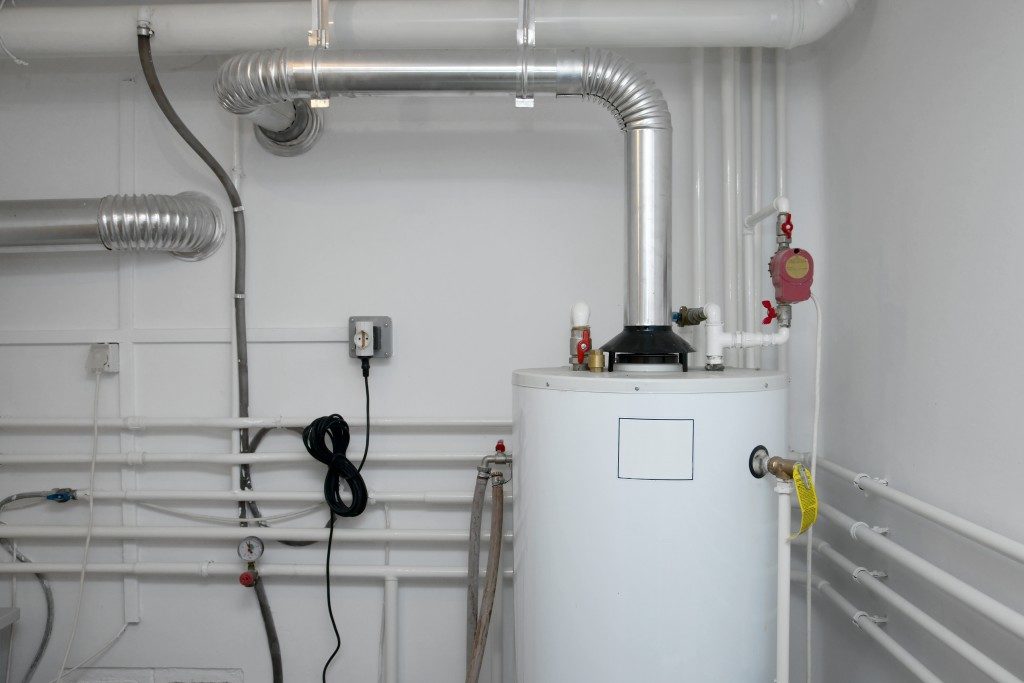
When your heating system is more efficient, you save a few hundred dollars. New technology is available to make your current system less difficult to clean and maintain. You can avail of a system that decreases shutdowns and carbon dioxide emissions. However, before thinking about adding a system to improve energy efficiency, how about looking at the appliance itself and seeking to optimize it?
What is the current situation in your home?
You have probably grown fond of your heating system in your home in Salt Lake City by now. A house and its occupants would not be cozy without installing a reliable boiler with the help of plumbing and HVAC experts such as All Hours Plumbing and HVAC. That is unless the boiler has been causing more problems than you expect or it has grown to be a nuisance.
When should you replace it?

A conventional system is composed of two cold-water tanks and one hot water tank. A heat-only installation is straightforward. The system stores and produces hot water ready for use when you turn on any tap in the house.
When a conventional boiler is already more than 12 years old and has been in the house since you moved in, now is a good time to contemplate replacing it. Even if the appliance is not causing any huge problems now, it is probably from an older generation that is not as energy-efficient as newer models. When an appliance is not energy-efficient, it makes more sense to replace it with a model designed to consume power more efficiently, which means savings on the cost of monthly utilities.
What type of appliance comes highly recommended?
If you are replacing the appliance, what should you choose to take its place? The combi type of boiler is highly recommended. The best feature of this type of heating system is that you can discharge the hot water tank from its duties. Is it worth making the change from your current heating system? Yes, of course. You will have hot water on demand and space heating functions with just one energy-efficient appliance. There is available space given the lack of a hot water tank.
This is a good time to ask a local expert whether a combi type is compatible with the system now heating your household. Ask how, with this system, hot water comes out of the faucet given the obvious lack of a hot water tank. Take note that the conventional system is still better suited to provide hot water in great demand, such as for multiple outlets at the same time. Combi boilers are ideal for low demand at any time, but they produce hot water every time you need it.
Combi boilers are 90 percent efficient, which is why you must consider replacing the regular system that you have now. At any time, replacing a boiler will entail cost but calculate long-term benefits as well. You can argue that a new appliance does not come cheap, but have you looked into your total annual power consumption lately? If you are not ready to use more energy-efficient but less conventional sources of heating, such as biomass appliances and solar heaters, then you should heed good advice.

